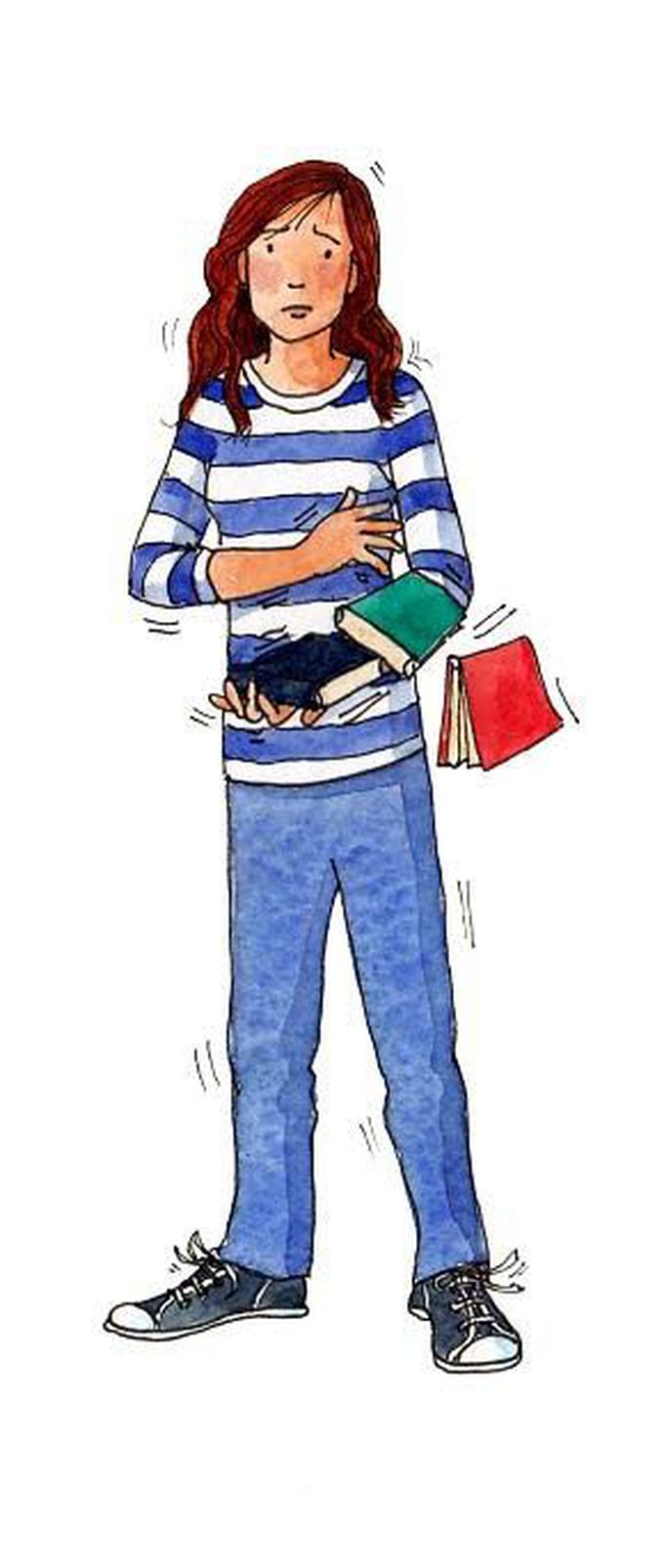


Symptoms of juvenile myoclonic epilepsy
The main symptom of JME is having myoclonic seizures that occur any time. These are more likely when a person wakes up, either in the morning or from a nap. These seizures involve sudden, quick, small jerks of the arms and shoulder and, less often, the legs. These movements may be limited to the hands. The person may throw or drop something from their hands. Myoclonic seizures can occur in clusters, affecting one or both sides of the body. These seizures can be a warning sign that a generalized tonic-clonic seizure is about to occur. In a generalized tonic-clonic seizure, the jerking spreads throughout the entire body. Some children with JME also have absence seizures. These can be very subtle and even go unnoticed. During these seizures, the person will “space out,” staring and becoming unresponsive for short periods of time. No twitching or convulsing occurs during absence seizures. Certain factors can make seizures more likely in people with JME. Avoiding these triggers can help reduce seizures. For people with JME, these triggers can include: Inconsistent sleep patterns, being tired Drinking alcoholic beverages or large amounts of caffeine Stress Flickering lights, such as strobe lights, video games or light reflecting off ocean waves or snow

